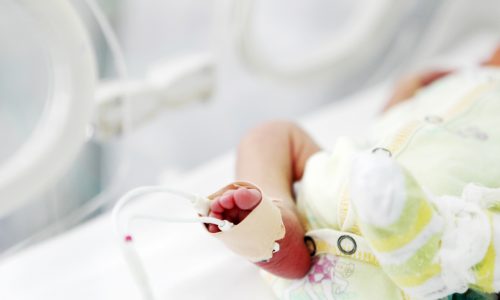Speak to a member of your team today and find out if you could be entitled to compensation.
CALL 0800 083 5500

Staff at selected maternity wards in England will be trialling a new programme that aims to reduce avoidable brain injuries during childbirth. – Medical Negligence Expert Jason Brady believes it is a step in the right direction.
The scheme, backed by £7.8 million in government funding aims to improve maternity outcomes for women and their babies by helping staff to be able to better identify and act on signs of distress during childbirth.
The scheme known as Avoiding Brain Injury in Childbirth (ABC) was launched on 7th October at 9 maternity units in England, Countess of Chester Hospital NHS Foundation Trust, East Lancashire Hospitals NHS Trust, Lancashire Teaching Hospitals NHS Trust, Liverpool Women’s NHS Foundation Trust, Warrington and Halton Teaching Hospitals NHS Foundation Trust, Wirral University Teaching Hospital NHS Foundation Trust, Croydon Health Services NHS Trust, Epsom and St Helier University Hospitals NHS Trust and St George’s University Hospitals NHS Foundation Trust.
Recent data from the Neonatal Data Analysis Unit at Imperial College London revealed that around 2,490 babies had at least one instance of care for a brain injury during or after birth in 2021. A rate of 4.2 instances per 1,000 live births.
The programme, which will be rolled out to all trusts in England if successful, aims to help staff on maternity wards better identify signs of distress during labour, and help staff deal with obstetric emergencies like the baby’s head becoming lodged during caesarean births.
The ABC programme will also aim to improve communication in care for women and their families as well as increase consistency in care levels. Ultimately the goal of the programme will be to reduce the cost of clinical negligence, currently, maternity-related claims account for more than 50% of the total value of claims paid by NHS Resolution.
Medical Negligence Expert Jason Brady said:
“The ABC initiative aims to put labouring mothers and their birthing partners at the centre of the care they receive during labour, which I commend. In my experience of pursuing claims on behalf of catastrophically brain-injured babies, parents often tell me that they felt something was very wrong during the birth of their baby but their concerns were ignored or not taken seriously by the clinicians attending to them.
We do act for children by their Litigation Friends in relation to clinical negligence claims when the children have suffered a brain injury during the birthing process as a result of alleged clinical negligence. It is a very distressing time for all concerned. The cases we deal with can involve failures to recognise high-risk pregnancies and arrange elective Caesarean sections, failing to recognise foetal distress signs during the birthing process with failures in recording foetal heart rate or interpreting foetal heart rate correctly to recognise foetal distress and failing to arrange earlier emergency caesarean section.
As a result of these failures, we do encounter cases where the baby suffers hypoxia which in turn can lead to the baby/child developing a brain injury. We do see babies and children developing significant brain injuries such as cerebral palsy as a result of such failures which can be life-changing for the individual and the family. Such injuries require a significant amount of care and assistance and we seek compensation for the injury and for the care and assistance required due to the complex needs of the children to ensure that the family have all that is required to care for their injured child.”
Blackwater Law successfully represented the family of baby Blake in making a midwife negligence claim after the community midwife failed to notice a severe medical abnormality.
